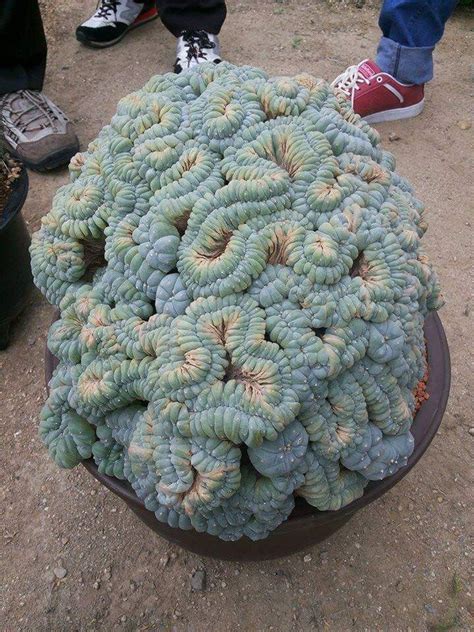The peyote cactus, also known as Lophophora williamsii, is a small, spineless cactus native to the southwestern United States and northern Mexico. It has been used for centuries in traditional medicine and spiritual practices, particularly among Native American communities. However, its psychoactive properties, specifically the presence of mescaline, have led to strict regulations and laws surrounding its use. If you're considering using peyote or simply want to learn more about this unique plant, here are five essential things to know about its legality:
What is Peyote and Why is it Regulated?
Peyote is a naturally occurring psychedelic substance that has been used for centuries in traditional healing and spiritual practices. Its primary psychoactive compound, mescaline, can induce altered states of consciousness, hallucinations, and other profound psychological effects. Due to concerns about its potential for abuse and harm, peyote has been regulated under various laws and international treaties.

1. Federal Law: Controlled Substances Act
In the United States, peyote is classified as a Schedule I controlled substance under the Controlled Substances Act (CSA). This classification means that peyote has a high potential for abuse, no currently accepted medical use in treatment, and a lack of accepted safety for use under medical supervision. Possession, use, or distribution of peyote without a permit is strictly prohibited, except for certain exemptions for Native American Church members.
2. Exemptions for Native American Church Members
The Native American Church (NAC) has been exempt from federal prosecution for the possession and use of peyote in their traditional ceremonies since the 1978 ruling in the case of People v. Woody. This exemption applies only to NAC members who use peyote for bona fide religious purposes, and not for recreational or commercial use.
3. State Laws and Regulations
State laws regarding peyote vary, with some states mirroring federal regulations and others allowing for limited use or possession. For example, Arizona, Colorado, and New Mexico have laws that permit the use of peyote in certain contexts, such as for Native American Church ceremonies or research purposes.
4. International Treaties and Conventions
Peyote is regulated under several international treaties and conventions, including the United Nations Convention on Psychotropic Substances (1971) and the Single Convention on Narcotic Drugs (1961). These treaties classify peyote as a Schedule I substance, restricting its use to medical and scientific purposes.
5. Risks and Consequences
Using peyote without proper authorization or in excess can lead to serious consequences, including arrest, fines, and imprisonment. Additionally, peyote can have negative health effects, particularly when combined with other substances or taken by individuals with pre-existing medical conditions.
Gallery of Peyote Cactus






Final Thoughts
The peyote cactus is a complex substance with a rich cultural and spiritual history. Understanding its legal status is crucial for anyone considering its use, whether for medicinal, spiritual, or recreational purposes. By being informed about the laws and regulations surrounding peyote, you can avoid potential risks and consequences. If you have any further questions or concerns, please don't hesitate to ask.
Frequently Asked Questions
Is peyote legal in the United States?
+Peyote is classified as a Schedule I controlled substance under the Controlled Substances Act (CSA), making it illegal for possession, use, or distribution without a permit. However, Native American Church members are exempt from federal prosecution for the possession and use of peyote in their traditional ceremonies.
Can I use peyote for medicinal purposes?
+Peyote has been used in traditional medicine for centuries, but its use is heavily regulated due to its psychoactive properties. Currently, there are no approved medical uses for peyote in the United States, and its use is strictly prohibited without proper authorization.
How can I obtain peyote for ceremonial use?
+To obtain peyote for ceremonial use, you must be a member of the Native American Church (NAC) and follow the guidelines set forth by the NAC and the U.S. government. This includes obtaining a permit and using peyote only for bona fide religious purposes.
